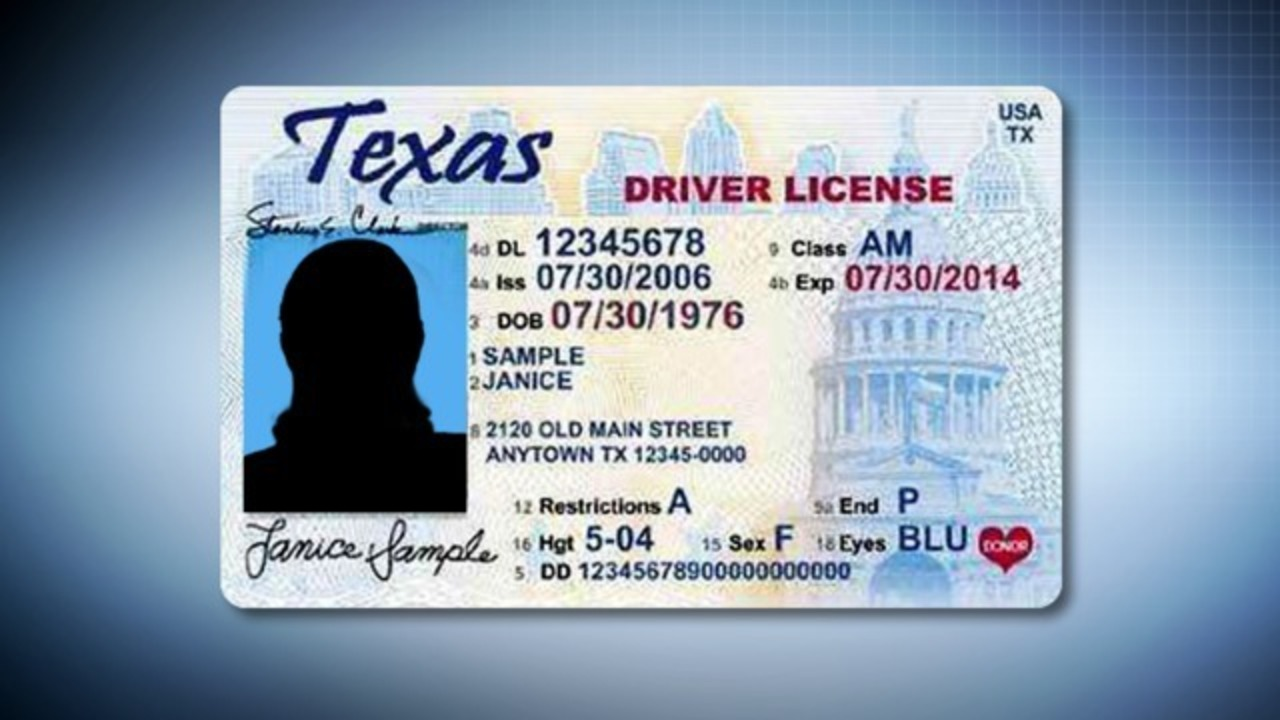Tomcat
Professional
- Messages
- 2,687
- Reaction score
- 1,036
- Points
- 113

We all know that cybercrime, including identity theft, has literally flooded the world over the past few years. The Internet, which is constantly progressing, has opened up a wide scope for fraudsters. The number of Internet crimes is growing and costs a lot of people a lot of money, as well as personal information. A recent study found that 1 in every 16 American adults are victims of identity theft. (note Pavluu: there is little surprising here, since we know that most carders hunt precisely for these Pindos)
Now there is also a strange story about how the Texas government has been selling personal information of its citizens since 2010. The scheme has reportedly raised about $ 2.7 million since 2010. The irony of the story is that the government should help protect its citizens from identity theft, not the other way around.
State laws are slightly different when it comes to "protecting the date of birth of a Texas citizen." One specific law states that due to the sensitive nature of information, it should not be released due to the risk of identity theft.
A state appeals court in 2015 said that the date of birth of “every living person” is not public information because it creates the risk of you becoming a victim of identity theft.
Meanwhile, other laws allow Texas agencies such as the Department of Public Safety and the Secretary of State to sell your name, address, and date of birth.
The Department of Public Security received nearly $ 1.9 million for the sale of personal information, and the State Secretariat about $ 720,000.
This personal information was submitted for "data mining of companies, insurers, tax-collection of legal and electricity companies ", and it is also reported that the data companies have pledged to provide this data on special request.
Under Texas law, a driver's license, for example, can be sold any physical business to the "special needs of business" (approx. Pavluu purchase drop in essence )
Investigators obtained a list from the Texas Department of Public Safety, which stated that driver's licenses had been sold to a variety of businesses, from towing companies to cosmetics businesses and even grocery stores.
However, these external companies “have no right to use the information for sale,” however, this law is often not enforced and its violation comes up when someone finds out about a loan or a bank card.
Although the Texas government seems to be legitimately selling information (in accordance with the provisions of the Texas Public Information Act). However, most Texans are generally unaware of these shenanigans. do not get their hands on a statement of confidentiality from the state (note Pavluu: this is the whole trick, since this statement is given only by companies, but not by the government of Texas).
Another scary part of the story is that some of the companies that acquired citizens' personal information were hacked or compromised in some way, and Equifax is a good example.
“I don't think the average person getting a driver's license knows that their information is being sold,” said Elkins, chairman of the House Committee on Government Transparency and Operations.
Cybersecurity experts explained that if a hacker has access to a date of birth, it will be much easier for him to obtain, for example, a social security number. This opens up opportunities for issuing a credit card or sim card, for example.

